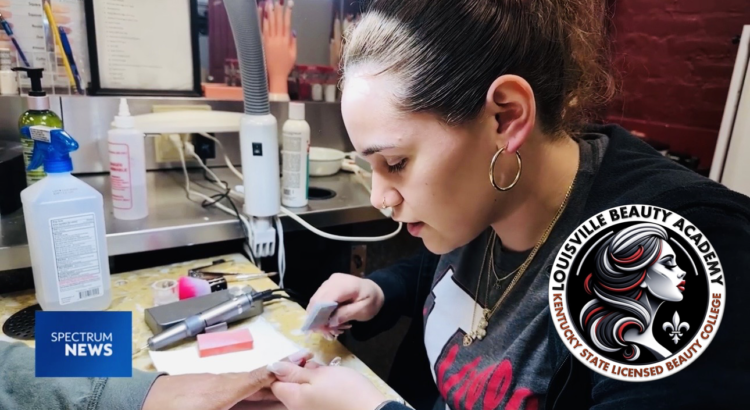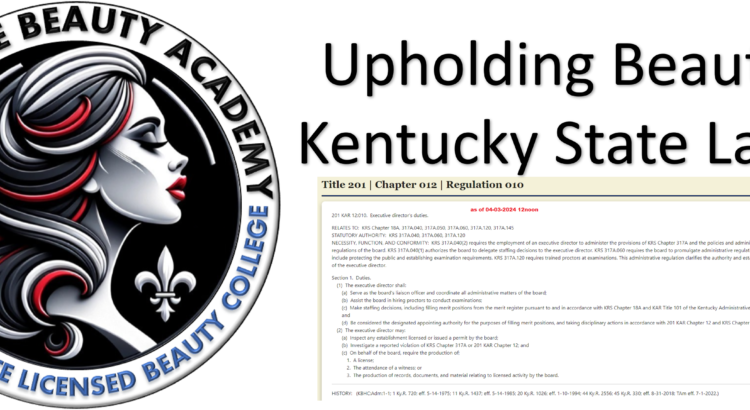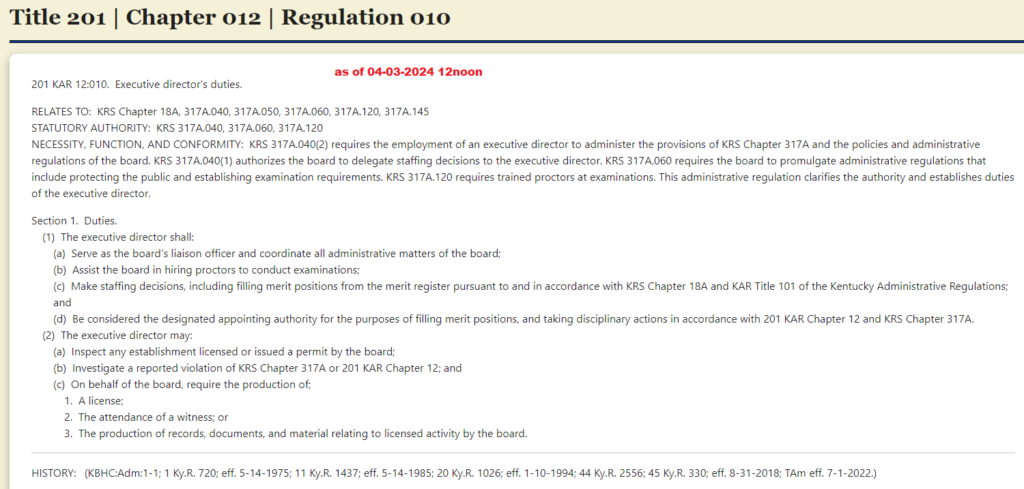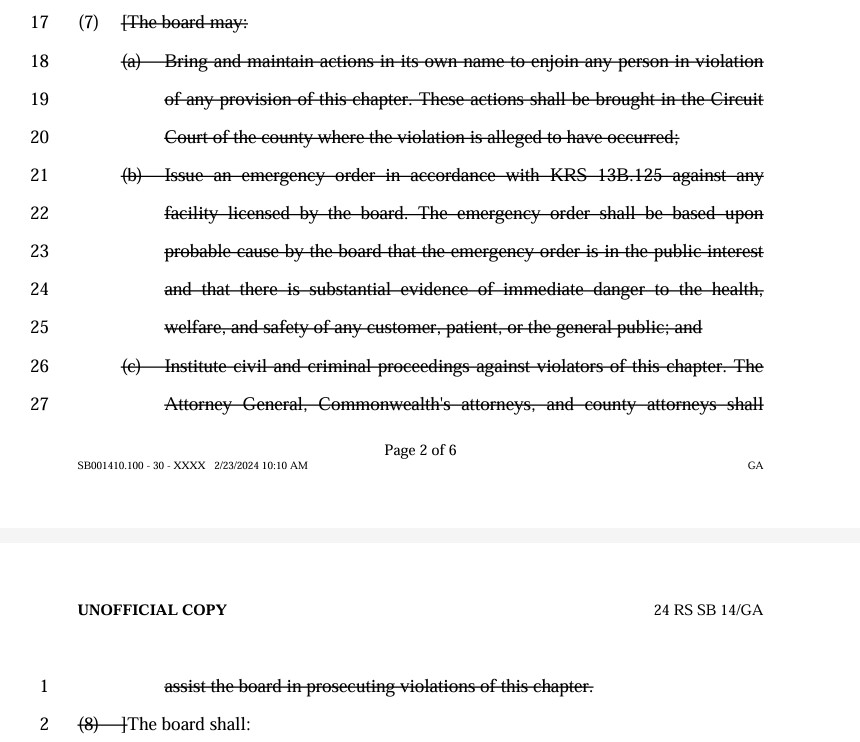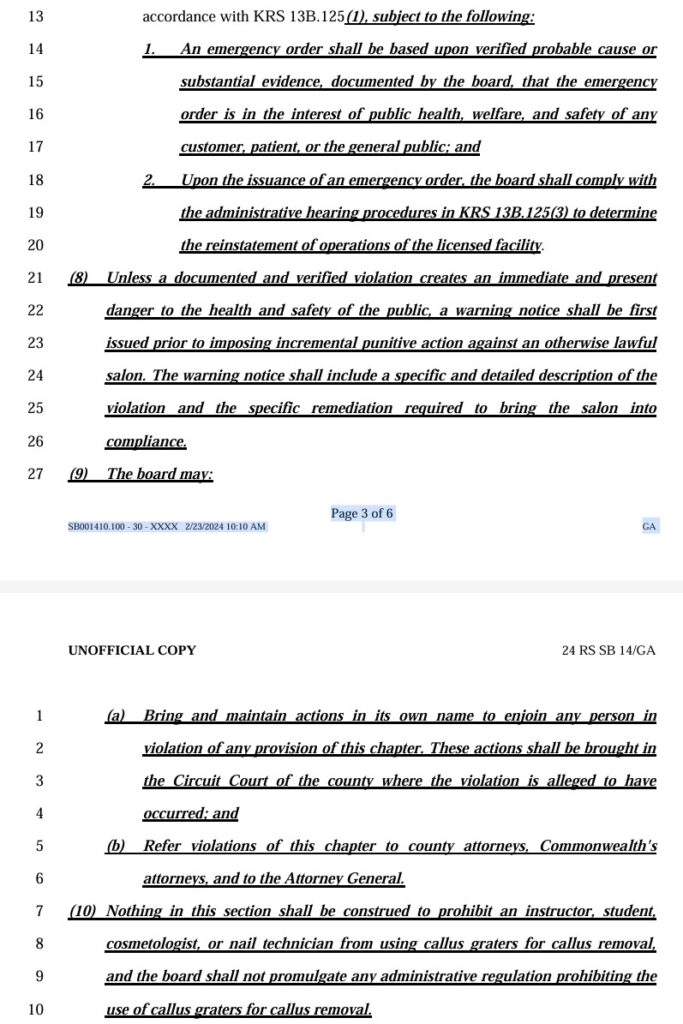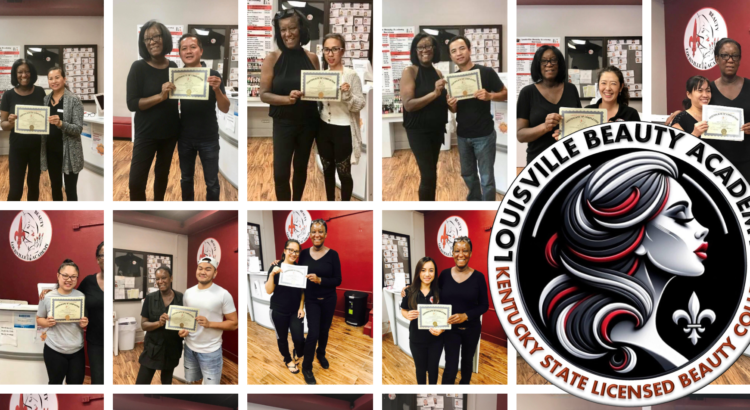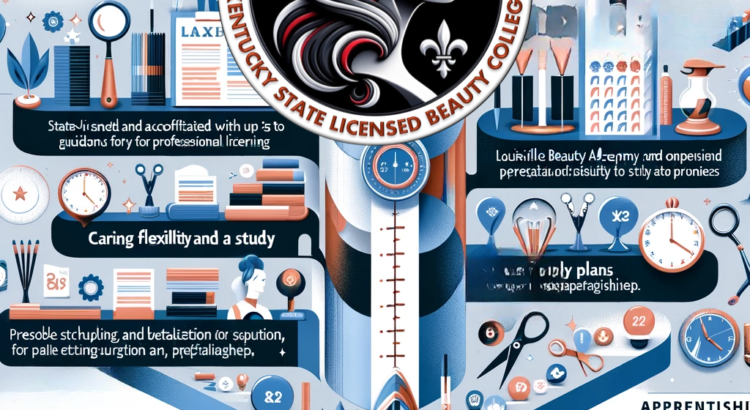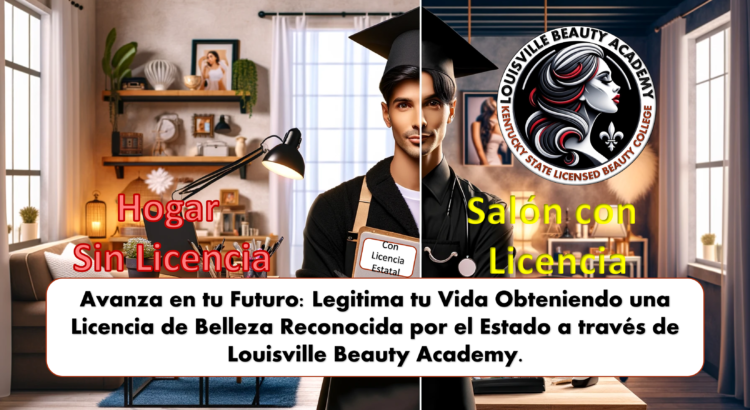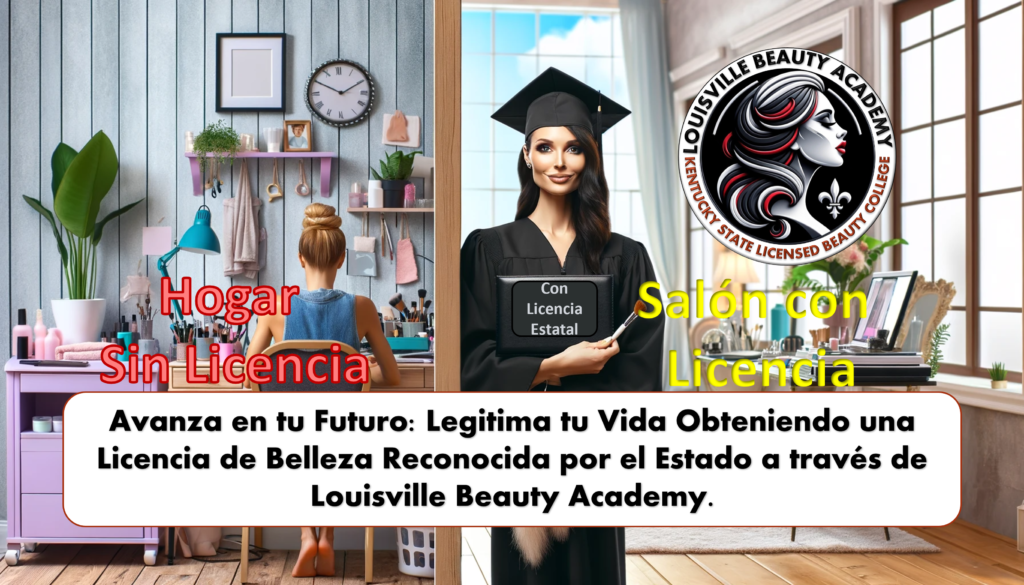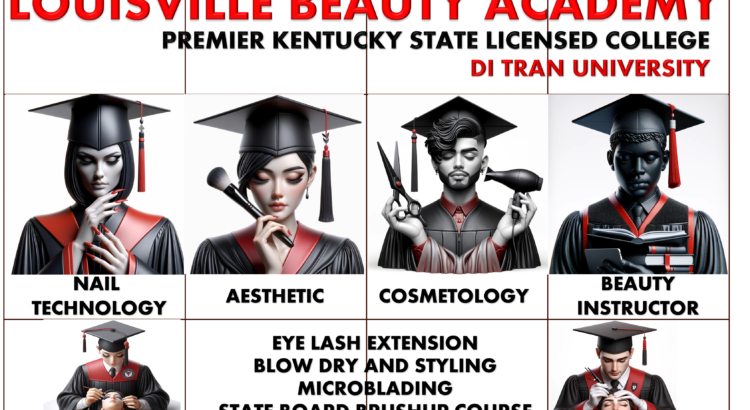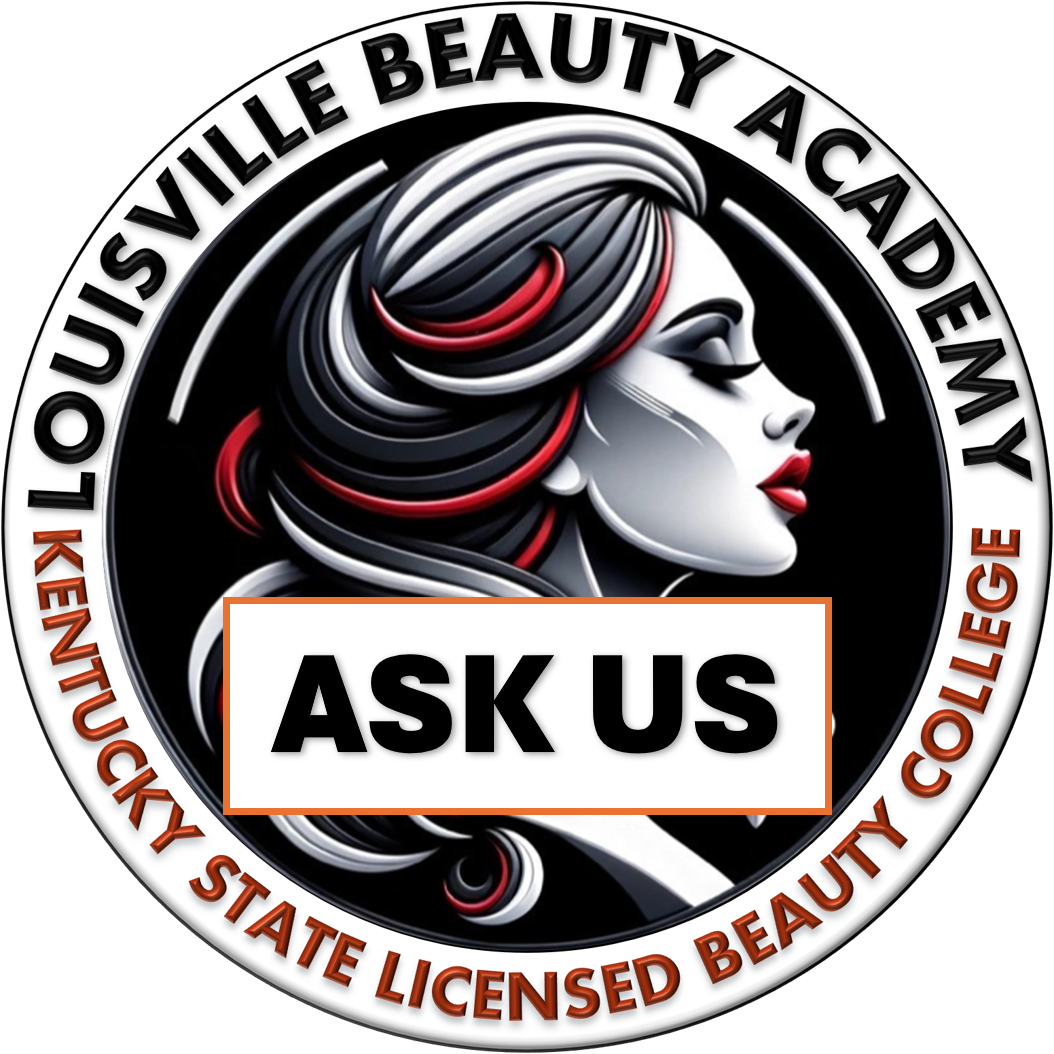Louisville, KY – At the heart of Kentucky’s beauty education landscape stands the Louisville Beauty Academy, a state-licensed and accredited beauty college that is rapidly expanding its reach. With a second campus on the horizon and a graduation rate of 95%, the academy has already graduated over 1,000 students, establishing itself as a beacon of excellence in the industry.
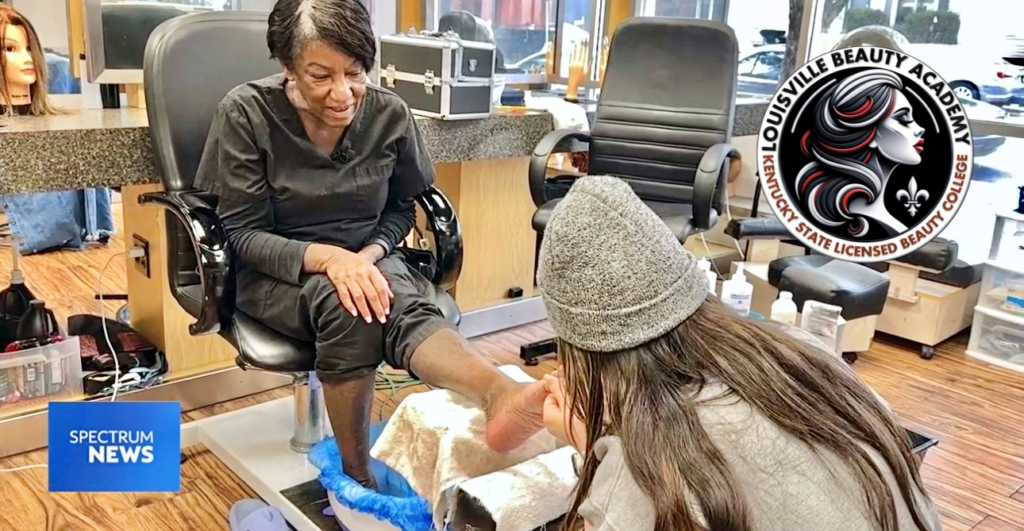
Founded by Di Tran, a visionary with a deep-seated belief in family-oriented values and community upliftment, Louisville Beauty Academy is more than just a school. It’s a sanctuary where underrepresented populations, particularly new immigrants with limited English skills, find a safe, supportive, and guided environment. The academy is dedicated to elevating individuals through beauty careers, ensuring that every graduate, regardless of their background, feels protected and valued.
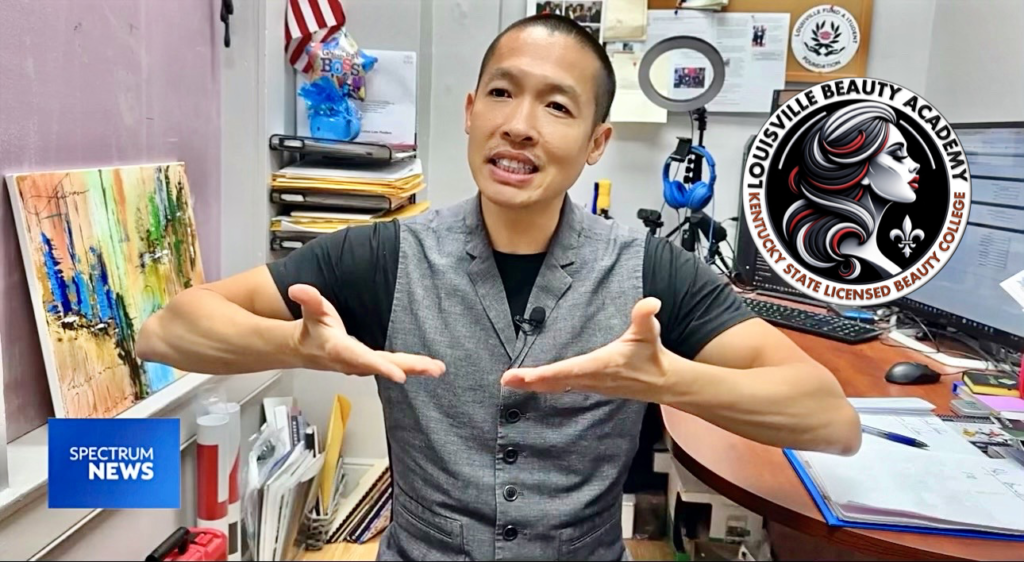
This week, Spectrum News of Louisville shone a spotlight on the diverse and inclusive nature of the academy, featuring its founder, instructors, and students. The coverage highlighted the school’s expertise in various beauty fields, including nail technology, skincare, cosmetology, and instructor training. Louisville Beauty Academy stands out as a testament to the power of diversity, with students and staff representing a wide range of races, languages, and expertise.
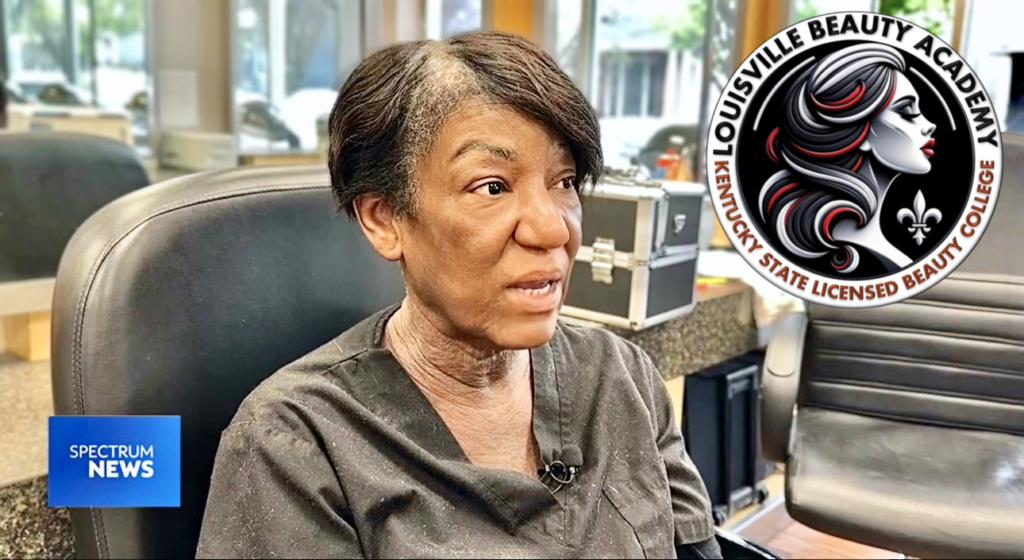
The recent passage of Senate Bill 14, which the academy has ardently supported, marks a significant milestone in the beauty industry’s history. Championed by minority party Democrat Senator Reggie Thomas, one of only three Black senators in the Kentucky State Senate, the bill was initially perceived as catering solely to the Asian community. However, it is a legislation for all, aiming to create a more inclusive and equitable beauty industry.
Louisville Beauty Academy is unique in its commitment to meeting community demands and needs. Unlike many schools that focus primarily on cosmetology due to federal financial aid availability, the academy offers a wide range of licensed fields, including nail technician, aesthetician, cosmetologist, instructor, shampoo and stylist, eyelash extension, and more. By offering short programs, the academy helps more individuals embark on successful beauty careers.
We extend our heartfelt gratitude to all who have supported and continue to support the beauty industry, Louisville Beauty Academy, and all beauty professionals. Together, we are shaping a brighter future for the beauty education landscape in Kentucky.
REFERENCES
https://spectrumnews1.com/ky/louisville/news/2024/04/05/laws-for-the-beauty-industry-
